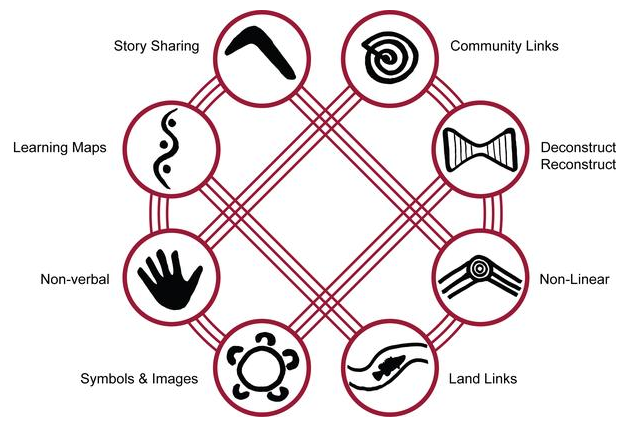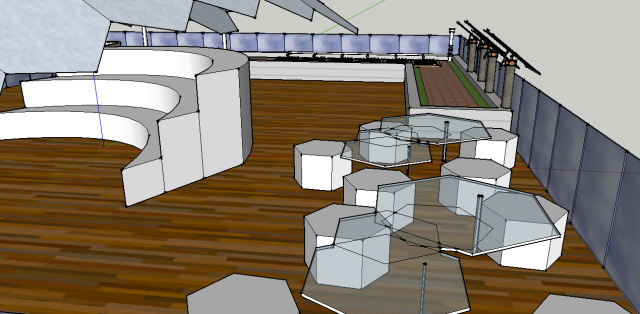Now this has taken my thoughts and emphasises the reason I love teaching!
What Students Remember Most About Teachers- Posted on January 26, 2014 by pursuitofajoyfullife
Easter isn’t Far…

Alfie Kohn on Feel-Bad Education
Dan Meyer: Math class needs a makeover
“Today’s math curriculum is teaching students to expect — and excel at — paint-by-numbers classwork, robbing kids of a skill more important than solving problems: formulating them. In his talk, Dan Meyer shows classroom-tested math exercises that prompt students to stop and think. (Filmed at TEDxNYED.)”
Visit:http://www.ted.com/talks/dan_meyer_math_curriculum_makeover.html
Online Learning…
Now that my online unit at university is coming to an end, I have definitely realised how self disciplined I need to be with my own learning. I felt that this was an extremely challenging experience that I had to constantly keep on top of. I did however feel more comfortable with the layout and structure of the unit as all tasks were staggered from week to week. Constructing this blog was a daunting task yet I believe that I will continue it’s use to further my learning and experience interaction and collaboration with other teacher’s, educators and learners around the world.
Rooftop Classroom in the year 2063…
“Scenario: It’s 2063 and the population of Melbourne has risen to 10 million. Huge numbers of school-aged children live within the CBD, and have no access to rural and coastal victoria. Owing to the proliferation of high rise apartments, the local government has started to utilise the roof top spaces of these buildings as schools. You have been given a brief to design a classroom that brings rural and coastal Victoria to the city. The school is committed to environmental awareness owing to water restrictions and a depletion of natural resources.”
Using the free program Google SketchUp, I have built a rough design of a rooftop classroom for the year 2063. The classroom is open planned with various spaces for alternative use. Below are screen shots of the three-dimensional model which depicts some ideas that this type of design requires.
Plan View:
Communal Hub with large interactive screen:
Aquaponic vegetable patch:
Professional Area:
Solar Energy Use:
8 Aboriginal Ways of Knowing
The 8Ways of Aboriginal learning reflects a distinct way of learning through and within a culture. Each aspect of this learning pedagogy constructs understandings in practical and informative styles. The 8ways, addresses learning in a cultural setting that reflects and allows learners to connect to their learning on a personal level. I believe this way of learning is highly beneficial as students often need a more practical rather then straight forward oral opporunities to learn. 8ways is not a new concept yet should be more widely spread throughout the western education systems as it is both a personal and accademically successful, historical and cultural learning curve.

8Ways:
Tell a story. Make a plan. Think and do. Draw it. Take it outside. Try a new way. Watch first, then do. Share it with others.
Reference:
8 Aboriginal Ways of Knowing, 2009, retrieved from http://8ways.wikispaces.com/


















